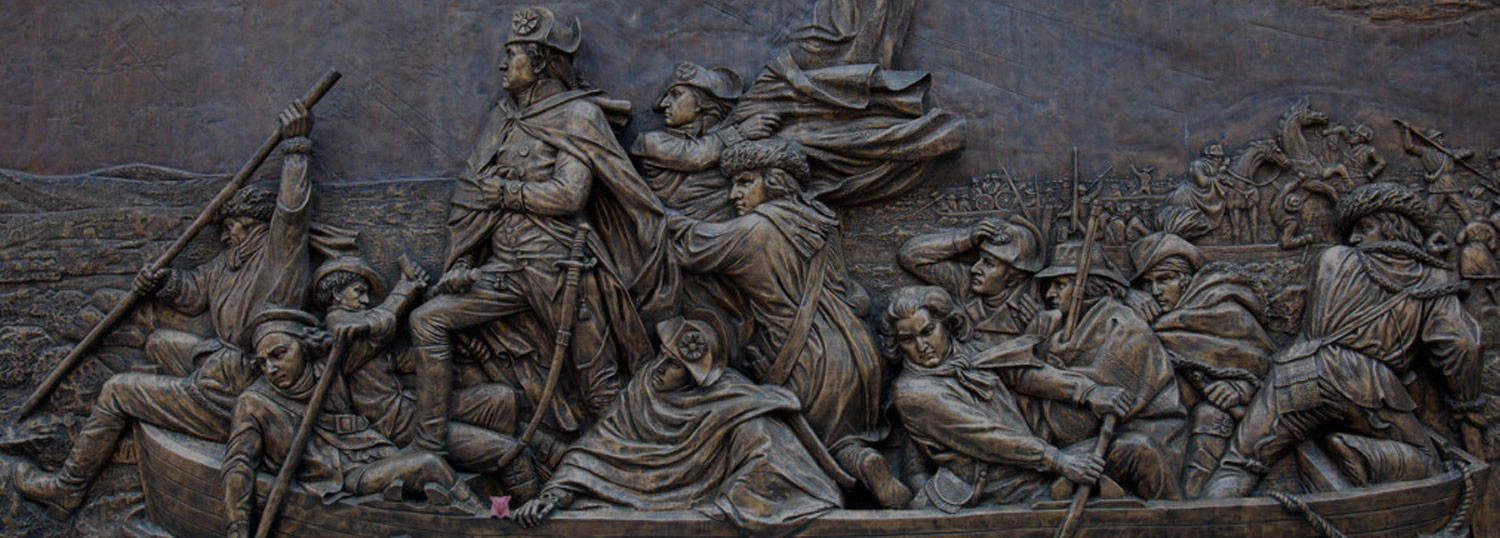
From the starting gates of our American experiment, citizens were denied the franchise of citizenship. In March of 1776, Abigail Adams wrote her husband about the coming “foment to achieve voice and representation” for women. Historically, those left out have spoken out — traditionally through petitioning their leaders for a hearing, from literally through signing their names to petitions to contesting the status quo through protest. We’ll discuss the American tradition of protest and learn about the most effective strategies that won the day — practiced by groups as different as MLK’s Civil Rights Movement to the modern-day push for gay rights. We’ll consider the subtle art of persuasion contrasted with the shrill and angry messaging coming from almost every side of nearly every disagreement today. For citizens who really believe in a cause and who really want to win their argument, they’re going to have to speak to people who don’t agree with them (yet). Hint: historically the winning arguments focused their argument around our national hero-arc storyline.
Resource: We have a slideshow we can share with you that contrasts the rhetorical strategies of the 1960’s Civil Rights Movement with strategies employed on both sides of the aisle today — the slide show can be used as a conversation-starter.
Possible panelists: Political scientist or even a psychologist who studies politics. I am also happy to join as a panelist for anyone wanting to do this program – we’ve done a program for years that contrast the strategies of persuasion between MLK (highly effective – tells a story of who we are together and measures society’s actions against society’s values) and current political movements (highly ineffective as they only speak to their echo chamber; only serves to get people angrier who already agree with them). We can do a similar conversation around MLK’s Letter from Birmingham Jail to point out the effectiveness of some of his argumentation that people can consider in making their political arguments now.